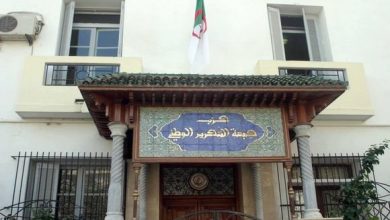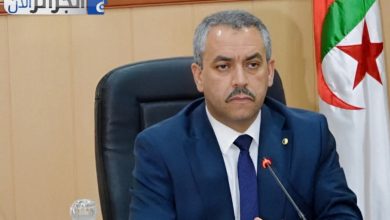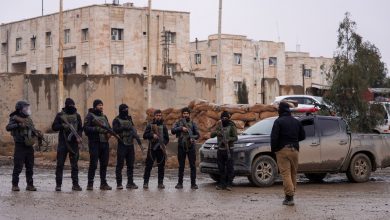Washington D.C. – In a candid and insightful discussion, Algeria’s former Foreign Minister and current Ambassador to the United States, Sabri Boukadoum, articulated the core principles and evolving dynamics of Algerian foreign policy. The remarks were made during an event held at the Stimson Center in Washington.
Ambassador Boukadoum expressed optimism about the future of Algerian-American relations, dismissing any ideological barriers to their further development. He highlighted the historical depth of the relationship, tracing it back to a formal treaty in 1795. He also revealed a lesser-known historical fact: the participation of Algerians in the American Civil War on the side of President Abraham Lincoln’s forces.
On a practical level, Boukadoum pointed to expanding bilateral cooperation in energy, agriculture, and defense. He confirmed the existence of a defense agreement between the two countries and acknowledged that Algeria procures American military equipment, including transport aircraft.
Regarding economic ties, the Ambassador disclosed a significant agricultural deal involving the import of 25,000 head of cattle from Ohio. He also voiced his hope for the establishment of an American university in Algeria to foster academic collaboration.
Turning to regional security, Boukadoum painted a concerning picture of Algeria’s southern neighborhood. He emphasized that the thousands of kilometers of borders shared with Libya and Mali pose a complex security challenge that cannot be addressed through conventional means. He described Mali as a ‘failed state’ that has become a major source of regional instability, cautioning against any external interference in Algeria’s vicinity, regardless of its origin. He stressed that building a wall in the desert to control borders is simply not a feasible solution.
On the issue of migration, the Algerian Ambassador firmly rejected the notion of Algeria acting as a security ‘policeman’ for Europe or the United States. He asserted that addressing migration requires tackling its root causes: poverty, wars, and instability. He conveyed a clear message to the West, particularly Europe, stating that Algeria will not undertake security work on their behalf.Algeria believes in collaborative solutions, not unilateral enforcement.




